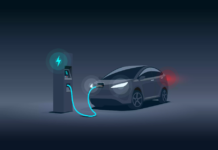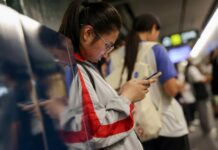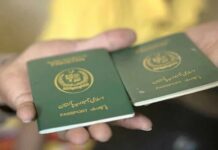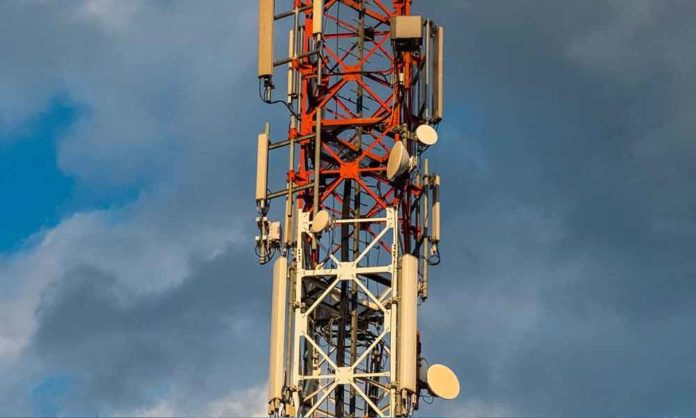Technological growth and digitization have opened the gateway to a plethora of opportunities for Pakistan. This holds special prominence for those coming from rural and semi-urban areas where access to digital services has provided better prospects for education, healthcare, businesses etc. Local telecoms have been trying to meet these surging demands; however, connectivity, especially 4G availability, continues to be an impediment in bridging the gaps of the existing socio-economic divide.
While 4G coverage is available for most parts, a recent report by the Alliance for Affordable Internet (A4AI) in collaboration with OpenSignal on ‘‘4G for Meaningful Connectivity’ highlights the disparities existing in different areas.
The report showcased how 4G availability (consumer time on a 4G signal) drops drastically to 77.1 percent of the time in KPK, 74.1 percent in Baluchistan and 73.7 percent in AJK, when compared to Sindh, which tops the 4G Availability chart with 83 percent of the time followed by Punjab with 81.2 percent and the federal capital with 79.8 percent.
After Covid, as students and professionals shifted to an online education and work model, lack of internet services was seen as a major impediment in carrying forward digital learning & growth. This was especially true for the tribal areas of KPK and Baluchistan.
The local telecom operators have poured in efforts to facilitate the growing connectivity and accessibility needs of the people; despite declining ‘Average Revenue Per User’ (ARPU). The ARPU which is a key tool for gauging the financial health of cellular mobile operators (CMOs) has weakened sharply, dropping from $9 in 2003 to around $1 at present.[1]
Despite the grim outlook, the OpenSignal report on ‘Mobile Network Experience Index’ specified that Jazz has enhanced its download speed category with user results showcasing an improvement of 0.8 Mbps and a total Download Speed Experience coming to 11.5 Mbps. Whereas, in the upload speed category 4.8 Mbps were scored on the tests, sharing this result with the Chinese CMO, Zong. As many Pakistanis have started working remote, this improvement has smoothened the process for local startups, businesses and freelancers to have a quicker & reliable functioning.
The report also placed Jazz in the lead with a score of 69.9 points for the Voice-app experience category which tested mobile voice apps such as WhatsApp, Skype and Facebook Messenger. This enables better communication & adds value to lives of people who rely on internet to stay connected. Likewise, samples for the Games Experience for real-time users playing multiplayer mobile games on any operator’s network, witnessed Jazz and Zong scores to be one of the highest at 36 points serving as great enabler for the flourishing e-sports community of Pakistan.
The report served as a testament to Pakistan’s efforts at boosting its digital footprint. While digitization has proved to be a great breakthrough for equalizing disparities, there is an increasing need to strengthen the existing telecom infrastructure that provides reliable, high-quality connectivity to all segments of society. The provision of these services will facilitate all; especially, youth and women to explore new possibilities such as freelancing, start-ups, literacy programs, etc.




































